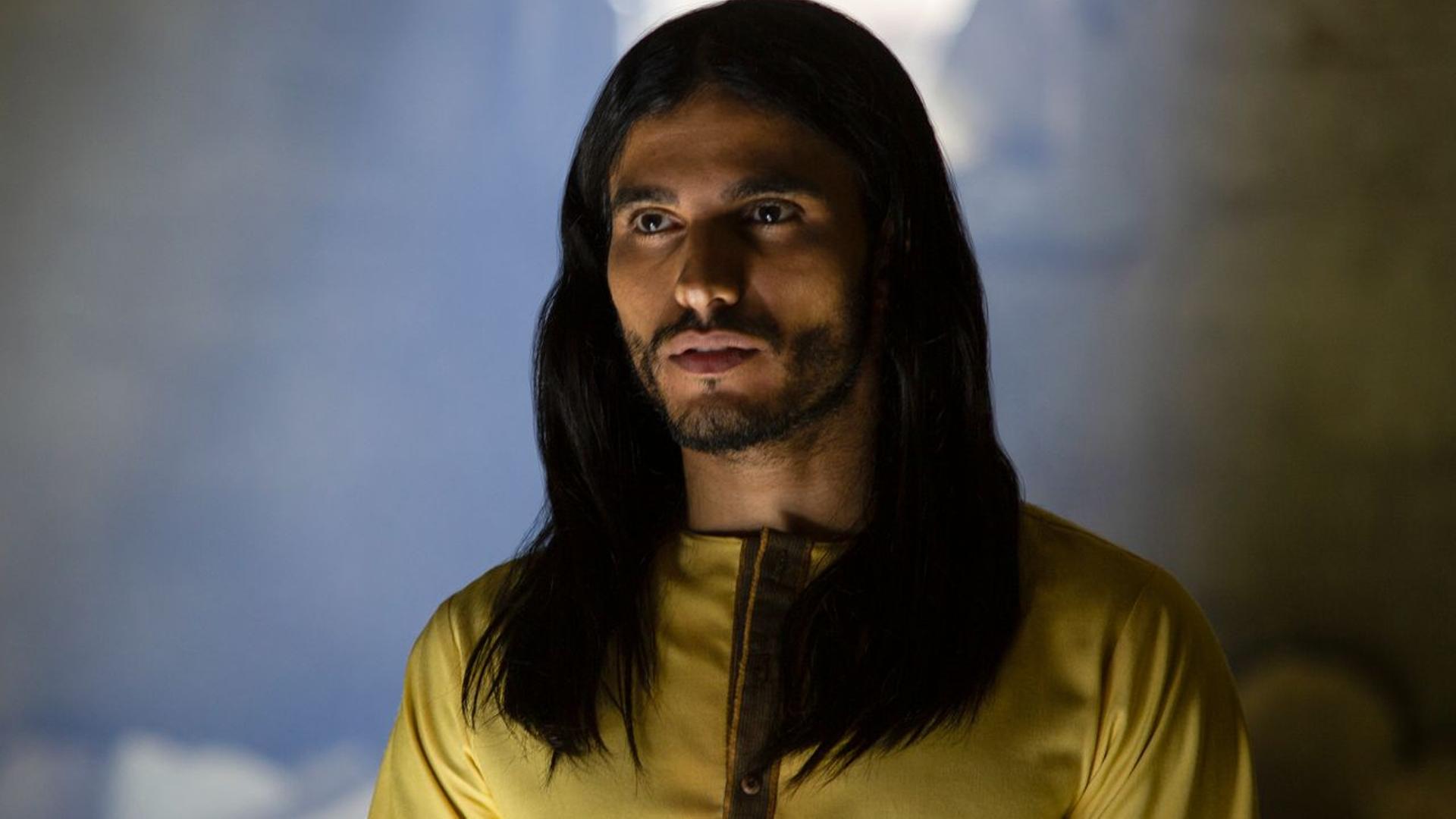‘Messiah’ is in some ways reflective of the worst of US politics and culture, but there are some encouraging signs from the show that could turn the tide.
In early January 2020, Netflix began streaming the series ‘Messiah’, a geopolitical suspense thriller about a messiah emerging from the Middle East. Yes, the series is rife with Orientalist tropes, as Nadine Sayegh demonstrates in her piece and undoubtedly it mimics the Orientalist themes found in the Showtimes series ‘Homeland’.
It even borrows the same protagonist who serves as an avatar for American foreign policy, a female CIA agent with issues, replacing a blonde agent with a brunette in ‘Messiah’.
Not only would its Orientalist themes offend Arabs and Muslims, but the series’ covering sacred matters also led to trepidation or repudiation from the same demographic when the trailer was released.
In the shadow of Trump’s peace plan, which is seen by Palestinians as a “piece plan” the themes will touch on more raw nerves.
Yet, despite these embedded Orientalist elements, after watching all ten episodes, there are some unexpected themes in ‘Messiah’.
Hollywood has historically depicted Jesus with western features and Israel and its security agencies in a positive light. This show would be the first to cast Jesus as Middle Eastern, played by a Middle Eastern actor, and second, depicts Israeli agencies in a more questionable light.
Arab and Muslim reaction
When the trailer for Messiah was released in December, some Muslims inferred that the character “Al Masih” was really “Al Masih ad-Dajjal“, or Antichrist in the Islamic tradition, expressed by some Muslims on Twitter and others who started a petition on Change.org calling for a boycott of the series, which gathered 5,000 signatures, and ironically only gave more free publicity for the series.
Most of these tweeted concerns were released in response to the trailer, before the series began streaming in January. The confusion in real life, or in cyberspace, in this case, is the premise of the entire fictional series.
While part of the series was filmed in Jordan, its Royal Film Commission requested Netflix not to release it in the country, which has both Muslim and Christians. Ironically this move, like the internet activity above, only gave the series more publicity.
Depicting Jesus
The entire series forces its characters and viewers to question whether the Al Masih is genuine, the Antichrist, or a political agent working on behalf of Russia.
Whether or not the character is the genuine Messiah or the Antichrist (the series hints to the former by the end of the first season), the show represents an evolution for Hollywood.
The producers of this series, Mark Burnett and Roma Downey, released the TV series “The Bible” for the History Channel in 2013, where Jesus was portrayed by Diogo Morgado, a Portuguese actor that conforms to the general “white-washed” image of Jesus in European depictions.
The couple apparently were transformed after posting an article based on the findings from an archaeologist emphasising that Jesus may not have been Caucasian with blue eyes, but more “swarthy” with brown eyes.
In the series, al Masih is portrayed by Belgian actor Mehdi Dehbi, of Middle Eastern descent and fluent in Arabic. This choice needs to be contextualised in the history of the depictions of Jesus.
Jesus first appeared on the silver screen in a silent film, the 1912 “From the Manger to the Cross,” where R. Henderson Bland played Jesus. This was followed up by Jesus played by H.B. Warner in the 1927 “The King of Kings,” directed by Cecil B. DeMille, who would also direct “The Ten Commandments.”
In more recent history, Willem Defoe played Jesus in the 1988 “Last Temptation of Christ,” followed by the 2004 “Passion of Christ” starring Jim Caviezel.
In all of these films, Jesus is Caucasian. If the series reveals in the second season that the protagonist is really Jesus, then ‘Messiah’ would have made history in its depiction of Christ in his returned form.
If he is a false prophet or the Antichrist, then the series would conform to Hollywood’s history of villainising the Middle Easterner.
Depicting Israel
Historically Hollywood has predominantly portrayed Israel’s security forces as the heroic protagonist, beginning with the Ha-Ganah militia in “Exodus” of 1960 to Chuck Norris’ “The Delta Force” series in the 80s.
In ‘Messiah’, Aviram Dahan is an Israeli agent in its domestic security agency, Shin Bet, who kills a Palestinian teenager execution-style in an empty plain by Megiddo. Granted the 2005 historical drama ‘Munich‘ features Mossad agents killing a hired female assassin point-blank in her home, and in the 2008 animated “Waltz with Bashir,” the protagonist, a former Israel Defense Force soldier questions Israel’s complicity in the Sabra and Shatilla massacres.
Yet unlike the other films, while Dahan, a chain-smoking, whiskey-drinking protagonist that is hard to sympathise with, a young, illiterate Palestinian refugee from the Yarmouk camp in Damascus, named Jibril Medina leaves the audience wondering if he is the real messiah and is a far more likeable character, with greater depth, than Dahan.
The jury is still out on ‘Messiah’, but the show does have the potential to buck Hollywood’s tendency to turn culture into tropes.
Author: Ibrahim Al Marashi
Ibrahim al-Marashi is an associate professor at the Department of History, California State University, San Marcos. He is the co-author of The Modern History of Iraq, 4th edition.
Source










Discussion about this post